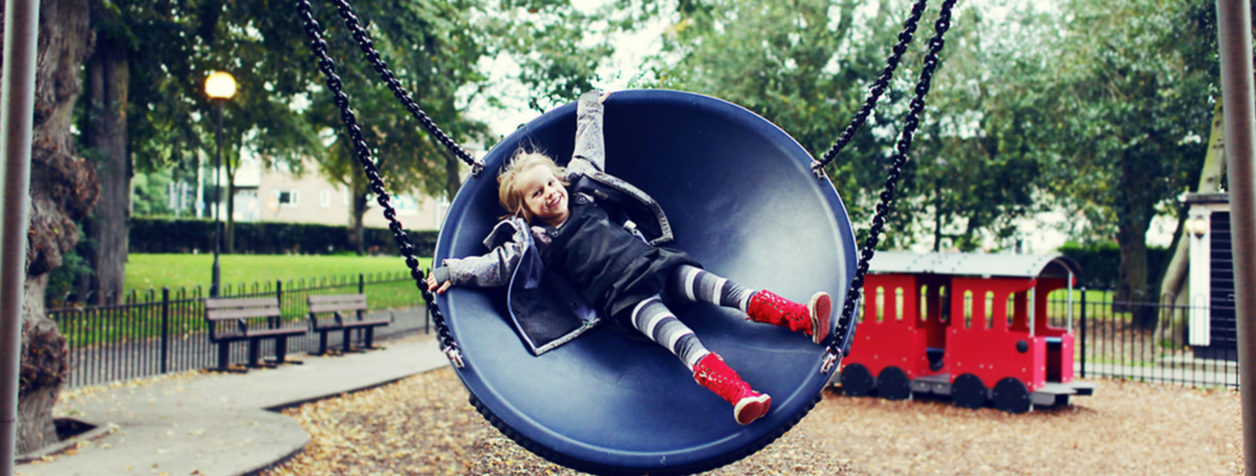No. 3 in a series of articles reporting on the responses of Caritas member organisations to the Covid-19 pandemic.
Catholic charities that work with children have warned that lockdown measures are having a serious impact on family life.
Mark Molden, Chief Executive of Marriage Care, said its volunteers were offering marriage preparation and counselling over the internet.
‘Before the coronavirus we knew that 1-in-5 couples across the UK were living in distressed relationships but COVID-19 has now introduced new uncertainties and stress into lives. Family routines have been disrupted, and roles that have worked well for years may not work so well now,’ he said.
Marriage Care offers its usual counselling and marriage preparation sessions but using secure webcam and video conferencing technology. People can access support whatever their financial circumstances. Mark reported that ’45 per cent of our clients are in the lowest 20 per cent of household incomes.’ He applauded Marriage Care’s ‘dedicated volunteers who are professionally trained and qualified’ and ‘fuelled by their commitment to support relationships.’
Catholic Care (Diocese of Leeds) provides the diocesan Children and Family Wellbeing Service operating in over 60 schools across the diocese. ‘We have a qualified team of professionals including social workers, educational physiologists and psychotherapeutic counsellors’, Director Carol Hill said. ‘In an average year we will support over 2,500 referrals of young people through over 16,000 one-on-one sessions, and we support over 250 families.’
She reported that ‘with the onset of Covid-19 and the closure of the schools we saw needs escalate through the roof’. Children, young people and families who experience low mood and anxiety as a part of their daily life have been significantly impacted. ‘There was a resounding need from the schools to protect their vulnerable families and together we have worked hard to do this’, she said.
Support has become remote but still very personable with telephone calls and various social media platforms to keep in touch. ‘The latter has proved particularly successful with the young carers the charity supports, as many are feeling extremely worried as their parent often falls within the high-risk categories for the virus.’ Carol also said some families facing food poverty see the problem magnified as children are at home all day and need feeding. For the two weeks ending 3 April 2020, Catholic Care delivered 23 hampers, and 39 families were supported with vouchers. There were 355 phone calls with children and young people and 623 phone calls with parents.
Hallam Diocese has a dedicated team of counsellors and social workers who already work within schools and projects in the diocese. ‘Prior to the schools closing we began to work with their pastoral teams and headteachers to identify their most vulnerable children and families’, said Bernie Ware of Hallam Caring Services.
‘We then set up systems for remote working, ensuring schools and parents were kept informed. She reported that all staff receive regular supervision to ensure they are well and coping with the demand. A number of schools asked for help to support families struggling with emotional and behavioural difficulties.
In Birmingham Archdiocese, Andy Quinn, Chief Executive of Father Hudson’s Care, reported that family support workers have been engaging with families using phone, and email with external agencies. They are helping sort out issues with school food vouchers, a broken fridge freezer with no money to buy a new one, parents experiencing panic attacks, and a single parent missing a child who is with a relative because she has to work. Support workers have helped sort payments towards rent arrears to prevent further debt accruing, supported a mother in isolation who is now sick and needing medical help. Support workers offer activity ideas that are cheap or free and easy to organise.
Family support workers report that families feel very cut off and really appreciate someone available to listen, give advice, and advocate for them with support agencies. In a few instances, schools have asked workers to come on site to work with the children who are still going into school, some of whom are very vulnerable. Another service that works with young people and their carers is the New Routes fostering agency. Andy Quinn said, ‘We have 24 young people in placement with foster carers around the Archdiocese and this team is working from home. Knowing that they are not able to recruit foster carers in the traditional ways, they are piloting the initial part of an assessment through videoconferencing.’
This post is adapted from an article by Ellen Teague, first published in ‘The Tablet’ in association with CSAN.




